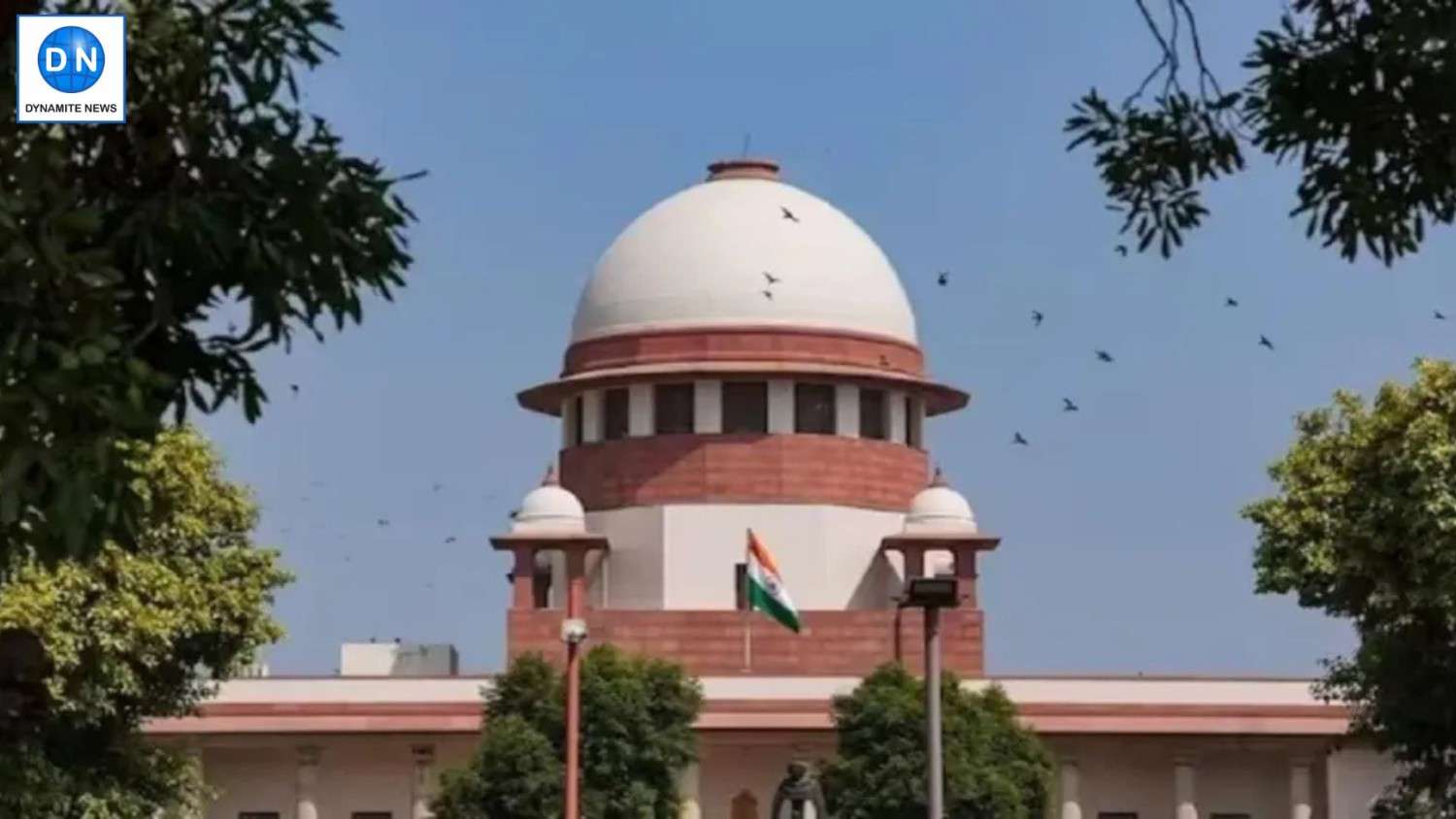SC to hear plea challenging Calcutta HC decision on OBC classification
A bench of justices BR Gavai and KV Vishwanathan listed the matter in January. Read further on Dynamite News:

New Delhi: The Supreme Court on Monday said that it will hear the West Bengal government plea challenging the Calcutta High Court decision cancelling all OBC classification of 77 communities in January 2025.
A bench of justices BR Gavai and KV Vishwanathan listed the matter in January.
During the hearing, Senior Advocate Kapil Sibal appearing for the Bengal government urged the top court to pass interim direction but the top court was convinced to issue any such direction.
Also Read |
Supreme Court stays CBI probe in West Bengal teachers' recruitment scam
Senior Advocate Sibal said that lives are at stake as many appointments are on hold. He took the court through the details of the case.
During the hearing top court orally remarked that reservation cannot be done on the basis of religion. To this, Sibal replied that it is based on backwardness. Senior Advocate Maninder Singh, for the opposite party, countered the Bengal govt submission and raised the question of giving benefits to those who convert to Islam.
In the last hearing, the top court asked the Bengal govt to file an affidavit explaining the process to determine 77 communities as OBCs.
Also Read |
West Bengal Govt moves SC against Calcutta High Court order directing CBI probe in Sandeshkhali matter
The top court was hearing the Bengal government's plea challenging Calcutta High Court order. Calcutta HC on May 22 cancelled all OBC certificates issued in West Bengal after 2010 had directed the West Bengal Backward Classes Commission to prepare a new list of OBCs by the 1993 Act.
Those who were on the OBC list before 2010 will remain. However, after 2010, OBC nominations have been cancelled. About 5 lakh OBC certificates are set to be cancelled. After 2010, those who have jobs under the OBC quota or are in the process of getting them cannot be excluded from the quota. There will be no impact on their job and they cannot be excluded from the quota.
 Dynamite News
Dynamite News 